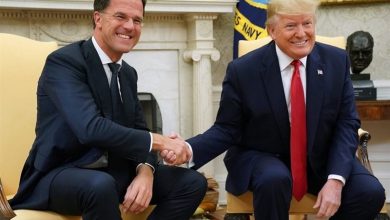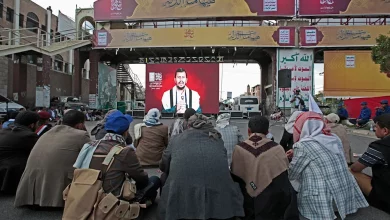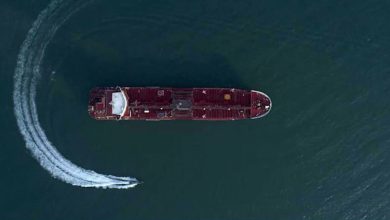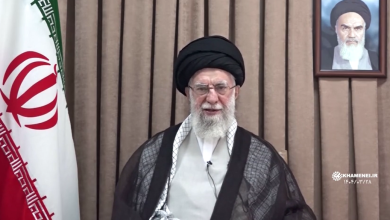Iran’s third JCPOA step reversible like previous ones: Zarif
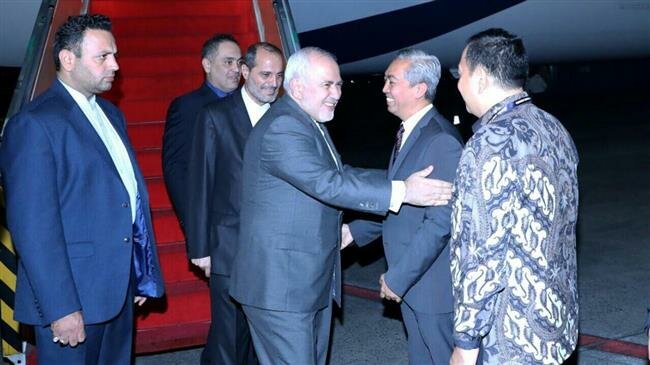
Foreign Minister Mohammad Javad Zarif says the upcoming third phase of Iran’s nuclear countermeasures has been so devised to be reversible, as is the case with its previous nuclear responses, if Europe meets its nuclear commitments towards Tehran.
“Should they act on their obligations, this step, like the two previous steps, which have already been taken, could be reversed,” Zarif said on Thursday at the airport in the Indonesian capital of Jakarta, where he arrived as part of an Asian tour.
Iran’s top diplomat added that “in the next several hours,” he will be notifying the European Union foreign policy chief, Federica Mogherini, of the third step, as announced by President Hassan Rouhani earlier, adding that the third phase is a “very important” one.
Iran began the countermeasures in May on the anniversary of the United States withdrawal from its historic 2015 nuclear agreement with major world powers. The deal was signed in Vienna in 2015 between the Islamic Republic and the P5+1 group of states comprising the US, the UK, France, China, and Russia plus Germany.
Officially known as the Joint Comprehensive Plan of Action (JCPOA), the agreement lifted nuclear-related sanctions on Tehran in return for some restrictions on the country’s nuclear energy program.
Iran set off the nuclear countermeasures to retaliate against the US withdrawal and its subsequent re-imposition of sanctions, but also to prompt the deal’s European sides to meet their commitments under the JCPOA to keep up their trade with Tehran despite Washington’s bans.
The retaliation has already seen the Islamic Republic surpassing the 3.67-percent enrichment cap set by the deal on its uranium enrichment activities.
France has taken the lead in a European effort to keep the JCPOA alive by guaranteeing Tehran’s business interests under the deal.
On Tuesday, French Foreign Minister Jean-Yves Le Drian said the push had come to focus on a possible guaranteed credit line for Tehran in exchange for oil.
He, however, noted, “There is still lots to work out, it’s still very fragile.”

